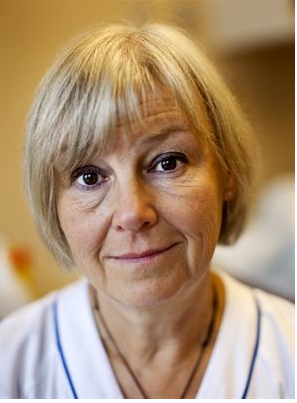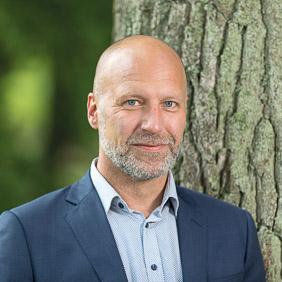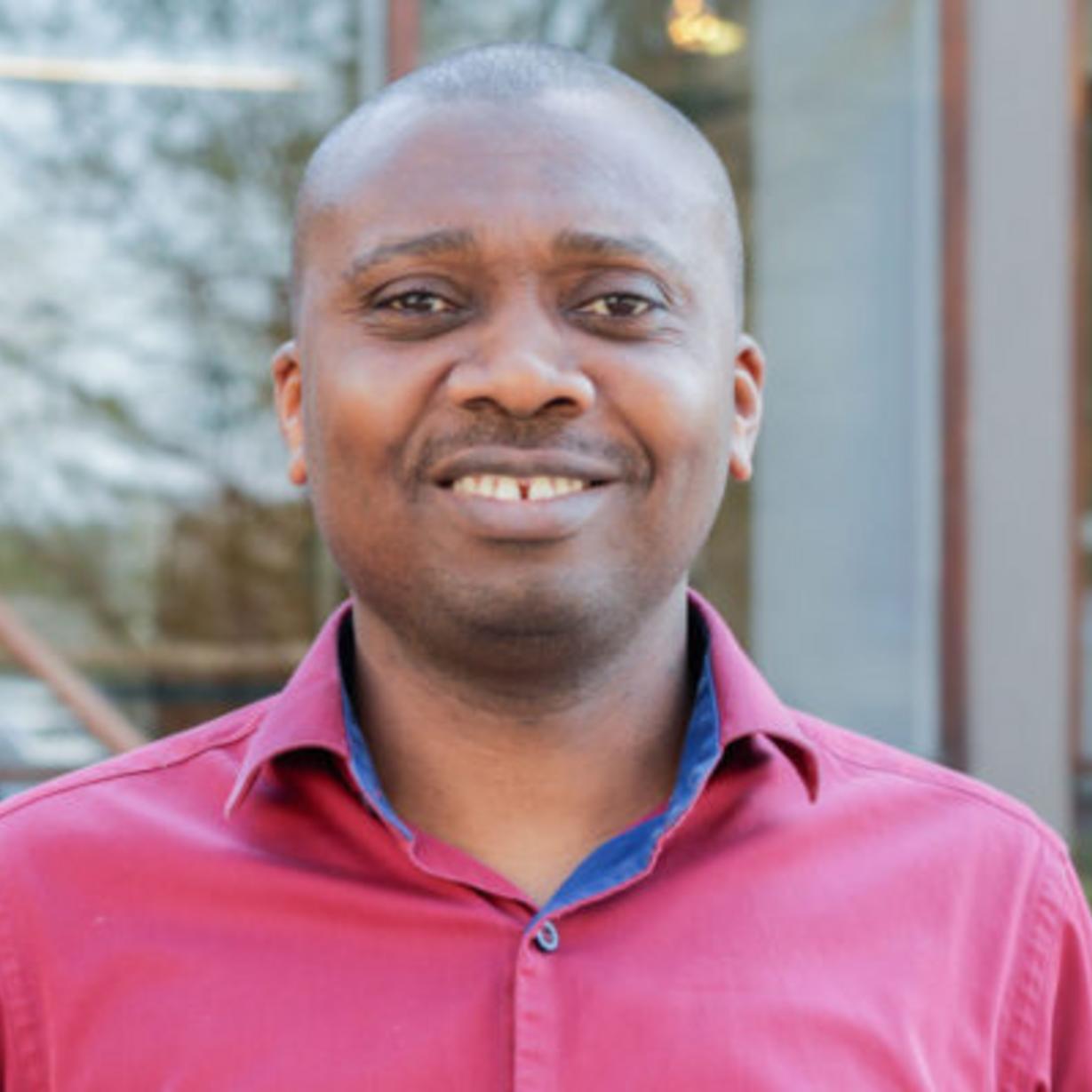
Nodes
is an interdisciplinary cooperation between researchers at five different faculties at Lund and Halmstad Universities. Focusing on cardiometabolic diseases we use artificial intelligence and machine learning methods applied on the Swedish register infrastructure in order to identify new combinations of risk markers that may prevent disease if intervened on, improve diagnosis and treatment when patients are coming to the emergency departments with signs of these diseases, and improve risk predictions and prognostication beyond the current visit in health care. Just as important, we also address ethical, legal and societal concerns related to the use of big data and complex algorithms in clinical practice, and work with methodological development in order to address some of these concerns.

Register-based machine learning, Linköping University - is an interdisciplinary research group consisting of demographers, sociologists, statisticians, data scientists, and computational social scientists. The group utilizes a combination of machine learning methods and causal analysis with population register data and satellite imagery to gain deeper insights into social scientific questions, with a special focus on social inequality and neighborhoods. Examples of sub-projects include using satellite imagery, register data and neural networks to construct new definitions of neighborhoods; examining how individuals’ life chances are affected by the neighborhood in which they grew up; and using causal graphs and machine learning to understand social processes that create inequality.
Email address: maria.branden@sociology.su.se
Social Science Genomics, Uppsala University - The research project “The genetics of life course outcomes” at Uppsala University aims at developing an international and interdisciplinary research environment at the forefront of social science genomics. By leveraging the increasing availability of genetic data combined with register and survey data, we intend to increase the understanding of three broad classes of life course outcomes: (i) education and labour market outcomes, (ii) social and political behaviours and (iii) health-related behaviours and outcomes. The project has three aims. First, we will perform genome-wide association studies of several new outcomes. Second, to reduce barriers to entry for researchers in the wider social science field interested in using genomic data in their research, we will construct a repository for polygenic scores for several major social-scientific surveys. Third, we intend to maintain and develop this interdisciplinary research environment by providing opportunities for a number of postdocs and PhD students to establish themselves in the social genomic research field.
Email address: Sven.Oskarsson@statsvet.uu.se
Statistical Methods for Register-based Research, Karolinska Institutet - High quality register-based research requires not only the high quality registers for which Sweden is well-known, but also appropriate statistical methods to address relevant research question in an optimal manner. The overarching aim of our research is to improve register-based research by developing new, and improving existing, statistical methods. Our specific aims for the next four years include extending methods for survival and multi-state models; developing methods for causal inference in the presence of unmeasured confounding; adapting machine learning methods to survival outcomes and developing and applying statistical methods for the analysis of ‘big’ register data, including federated data analysis and improved sampling techniques.
Email address: paul.dickman@ki.se
STELLAR -ReSpiraTory EpidemioLogy Research PLAtfoRm - brings together the West Sweden Asthma Study and the Obstructive Lung Disease in Northern Sweden studies, two large-scale longitudinal cohort studies in Västra Götaland and Norrbotten, respectively, to build a multidisciplinary research environment that capitalizes on the study data, linked to national registers, in order to catalyze novel epidemiological studies and increase respiratory research capacity. We are: (1) creating secure databases to house the study data; (2) building a public-oriented observatory to provide up-to-date information on the burden of airway diseases in Sweden; and (3) addressing specific questions through data pooling of the two cohorts.
Email address: bright.nwaru@gu.se
Upper Gastro-Intestinal Research (UGIR), Karolinska Institutet - is a research environment (node) at Karolinska Institutet. We examine diseases and surgery of the oesophagus and stomach with a focus on three public health concerns: 1) cancer, 2) obesity and obesity surgery, and 3) gastro-oesophageal reflux and antireflux surgery. We use register data combined with clinical data and patient-reported outcomes to improve the knowledge about these public health concerns, with the aim to prevent death from these diseases, and to enable longer life, reduced morbidity, and better quality of life in these patients.
Email address: jesper.lagergren@ki.se





